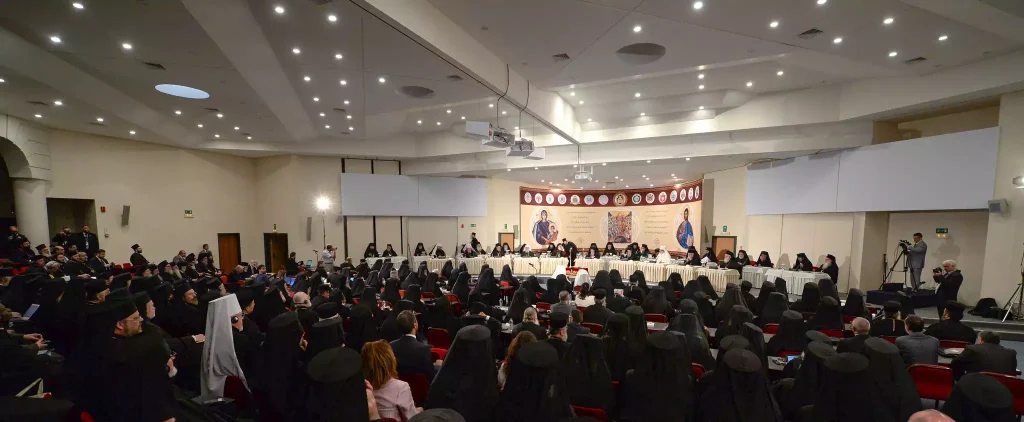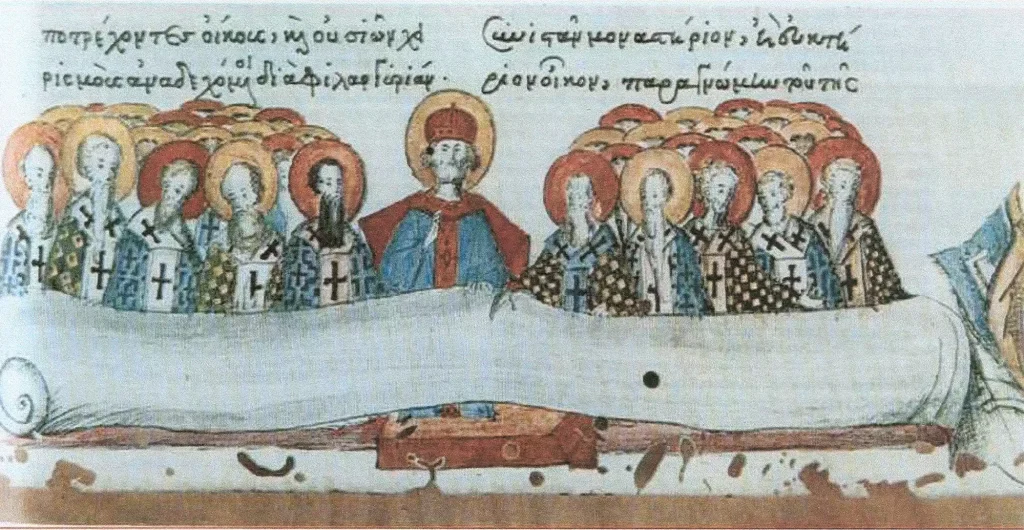Autocephaly | Orthodox Church’s Unique Unity

In the intricate tapestry of Orthodox Christianity, the concept of Autocephalous Orthodox Churches stands as a testament to ecclesiastical autonomy and unity. This sacred fabric, woven through centuries, sees the Ecumenical Patriarchate not merely as a figurehead but as the ‘First among Equals’ in a symphony of autocephalous entities. The historical and spiritual significance of this arrangement, dating back to the earliest days of the Church, reveals a profound truth about the balance of power, respect, and harmony within the Orthodox faith. As we delve into the essence of this religious structure, we uncover the beauty and complexity of a system that has withstood the test of time, fostering unity while respecting the unique identity of each member.
Marcian, Emperor: The Council of Chalcedon’s Architect

Emperor Marcian, a figure etched in the annals of history for his pivotal role in the Council of Chalcedon, ruled as the Byzantine Emperor from 450 to 457 AD. His tenure as emperor was marked by a period of profound theological and political change, shaping the very core of Christian orthodoxy. Born in a time of great turmoil and uncertainty, Marcian emerged as a beacon of stability and conviction. His reign, though brief, was a testament to his unwavering commitment to uphold the principles he believed in. Marcian’s influence extended far beyond the boundaries of his empire, leaving an indelible mark on the course of Christian history. His legacy is forever intertwined with the Council of Chalcedon, a landmark event that defined the Christological dogma and set the stage for future theological discourse.
Niphon II of Constantinople, Saint | Ecumenical Patriarch
Saint Niphon II, esteemed as Patriarch of Constantinople from 1486 to 1488 and again from 1497 to 1498, remains a significant figure in the history of the Eastern Orthodox Church. Born in the mid-15th century and departing this life in 1508, his tenure as patriarch was marked by profound spiritual leadership during a period of […]
